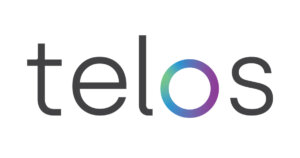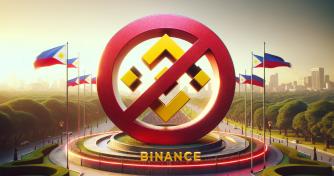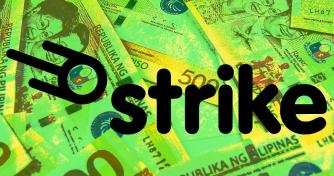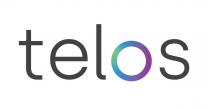 Philippines to License 25 Cryptocurrency Exchanges in Economic Zone
Philippines to License 25 Cryptocurrency Exchanges in Economic Zone Philippines to License 25 Cryptocurrency Exchanges in Economic Zone

Cover art/illustration via CryptoSlate. Image includes combined content which may include AI-generated content.
On June 27th, 2018, the Philippine government announced they will license up to 25 cryptocurrency exchanges for operation in a special economic zone.
In their statement, the administrative body of Cagayan Economic Zone Authority (CEZA) announced the initial authorization for each of the 25 exchanges to employ up to 30 traders or brokers.
The exchanges will operate in the tax-friendly CEZA and Freeport — a government-controlled and sanctioned center in the Philippines’ northern Luzon region. To qualify, each exchange will be subject to a “probity and integrity check” by the authority and will be required to invest at least $1 million over the next two years.
Citing the need to protect Filipino citizens from losses, CEZA CEO Raul L. Lambino explained the context for the licenses’ rigorous scrutiny:
“There are many operating scammers who put an exchange with very little capital and they are victimizing investors. We do not want the Philippines to be a haven (for scammers) even if these scams are happening abroad.”
Once established, the exchanges will be monitored by CEZA for compliance — requiring all affiliated ICOs to have their tokens “asset-backed”. Lambino stressed this criterion as the solution to stamping out ICO exit scams:
“If they offer in the market their initial (digital) coin, they may be able to convince 50 unsuspecting investors and promise them the sun and the moon. This is the Ponzi scheme. We are not going to allow it.”
A number of licenses have already been filled. Twenty-one foreign blockchain and cryptocurrency firms including South Korea’s Hanwha Group, and China’s Changwei International Co. signed a Memorandum of Understanding with CEZA.
With the publication of “Guidelines for Virtual Currency Exchanges” in February 2017 — the Philippines appears to be asserting its position as an attractive destination for foreign corporations as the CEZA chief is already eyeing the Cagayan zone as the “Silicon Valley of Asia”.
While the exchanges’ profits may not benefit the Philippines’ economy directly, Lambino envisages the move as bringing “employment opportunities” and “boosting job growth”.














































